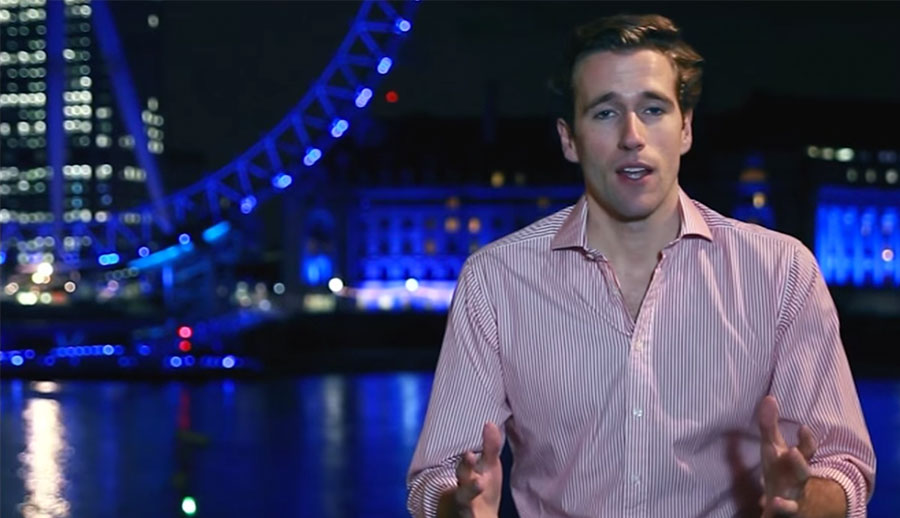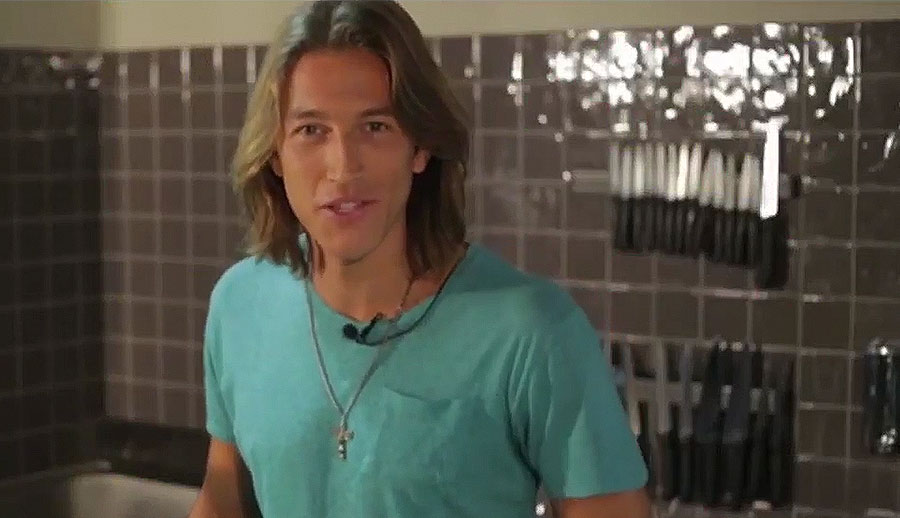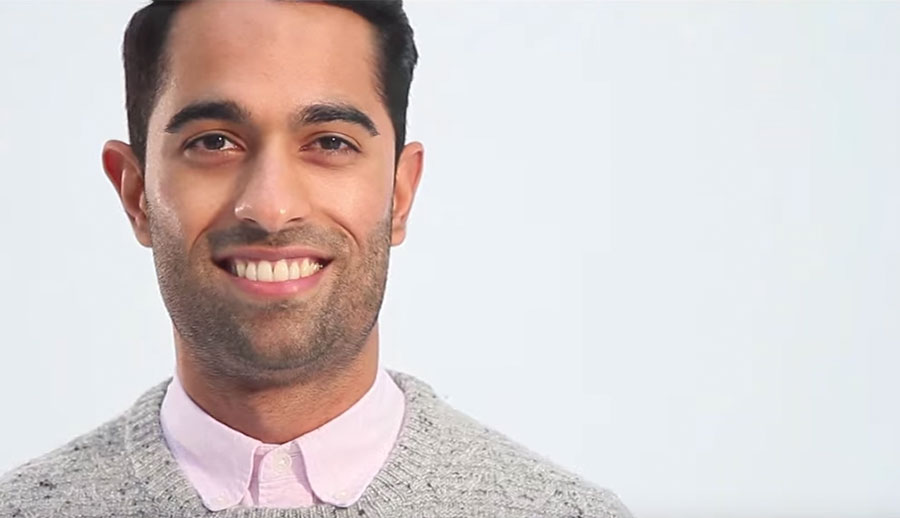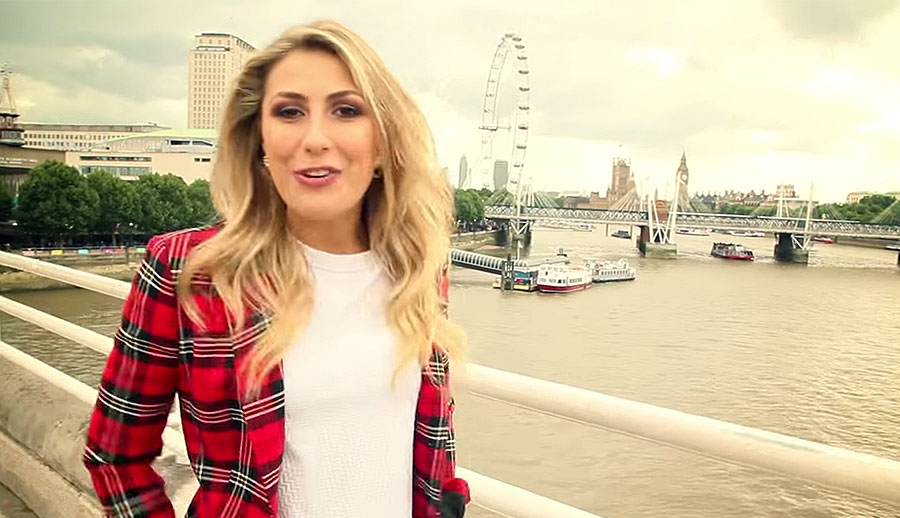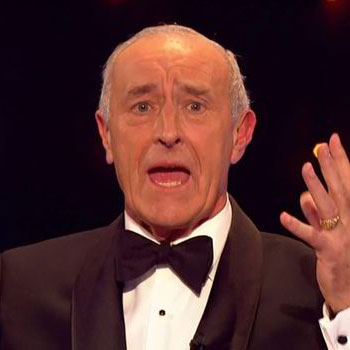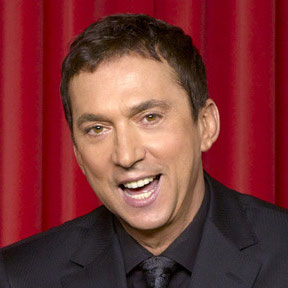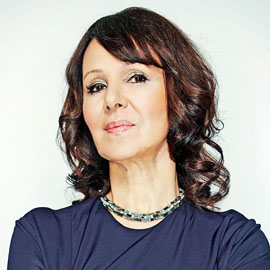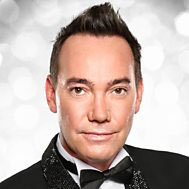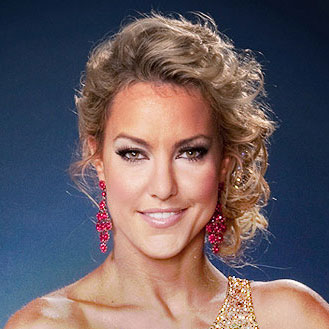-
.
-
1 To 1 Programme
- Tailor-made presenter coaching/filming on location, studio or both for presenters, influencers or business people to maximise your potential.
- Work with BAFTA winning Producers and BBC Talent Executives for the BBC, ITV, Channel 4 and top brands like ASOS, Amazon & Vogue.
- You’ll learn OUR secrets that have helped create TV’s and social media's biggest presenters.
- We are the ONLY presenter training company endorsed by TV agents and TV channels.
- Includes an initial consultation to discuss your needs, personal brand, how to market yourself and ideas for your filming day.
- Incredible success rate - 100% 5 star reviews. Amazing exclusive job and networking opportunities.
WHY WE’RE VOTED THE BEST
Displaying items by tag: speaker training
Rehearse your Presentation With a Colleague – Don’t Wing It
A confident speaker is a prepared speaker. Yet so many people still go into important talks having barely practised. They may have reviewed their slides, jotted down some notes, or run through it quietly in their head – but that’s not the same as standing up and delivering it out loud.
One of the most effective ways to rehearse is with a trusted colleague. Someone who knows the business context, understands the audience, and is able to give you constructive feedback. At The Presenter Studio, we always say: rehearse as if it’s the real thing. Because when the pressure is on, muscle memory matters.
Practising with a colleague helps you in several ways. First, it gets you used to speaking your thoughts in real time – ironing out clunky phrases or moments where you stumble. It also helps you build timing. You'll discover if you’re rushing or dragging. And most importantly, you’ll hear how it sounds when you actually say it.
But don’t just run through your talk – ask for feedback. Ask them what they remember. Where they lost interest. Whether your message was clear. You don’t want surface-level reassurance – you want useful insight.
This kind of practice also helps calm your nerves. Speaking in front of one person is a powerful stepping stone to speaking in front of fifty. It’s like working your way up through performance reps – so that by the time you’re on stage, you feel more in control and less like you’re improvising.
At The Presenter Studio, we simulate real-life presenting environments and teach practical rehearsal techniques that can be used alone or with others. From internal meetings to keynote speeches, we make sure you're never winging it.
If you want to turn nerves into clarity and hesitation into confidence, check out our full public speaking training here: https://www.presenterstudio.com/business-presenter-training/presentation-skills-training
Why Every Great Presentation Starts with a Strong Script
There’s a misconception that great presenters just “wing it.” They step up, charm the crowd, speak from the heart, and the words just flow. But here’s a secret that every seasoned speaker knows: the real magic starts long before you get on stage — and it starts with the script.
A strong script is more than just a set of bullet points. It’s the architecture of your presentation. It shapes the journey your audience goes on, and it gives you the clarity and confidence to deliver your message with purpose.
At The Presenter Studio, we spend a lot of time teaching scriptwriting in our Presentation Skills Course. Because no matter how confident or charismatic you are, without well-structured content, your message will fall flat.
Here’s what makes a script great — and how you can start building one:
- Start with your core message – What’s the one thing you want your audience to remember? A strong script is built around a central idea that everything else supports. If your audience forgets everything else, what should they walk away with?
- Structure is everything – Think of your script like a story: beginning, middle, end. Open with a hook, move into key ideas or points, and close with impact. Without structure, you risk rambling or losing your audience along the way.
- Write for the ear, not the eye – Presentations are heard, not read. Your script should sound like speech, not an essay. Short sentences. Clear transitions. Rhythm and flow. Read it out loud — does it sound like something you’d say?
- Include emotional beats – People don’t remember facts; they remember how you made them feel. Don’t just list data — tell the story behind it. Share a personal example. Ask a thought-provoking question. Use language that resonates.
- Edit ruthlessly – Great scripts aren’t written. They’re rewritten. Cut the fluff. Simplify complex ideas. Tighten up your transitions. Every word should earn its place.
- Rehearse like you mean it – Once your script is solid, practice until it’s second nature. You don’t have to memorise every word, but knowing your flow inside out gives you the freedom to be present with your audience.
In our Presentation Skills Course, we teach people how to go from a blank page to a confident, compelling delivery. Whether you’re pitching, presenting, or leading, your script is your foundation.
When you invest time in crafting your content, you free yourself up to focus on what really matters — connecting with your audience and delivering with confidence.
For more information on our presentation skills courses visit https://www.presenterstudio.com/business-presenter-training/presentation-skills-training
5 Common Presentation Mistakes and How to Avoid Them
5 Common Presentation Mistakes and How to Avoid Them
Avoid these common presentation mistakes and improve your public speaking skills with expert tips. Learn how to engage your audience and deliver impactful presentations.
Introduction
Even experienced speakers can fall into common pitfalls when presenting. Identifying and correcting these mistakes will help you become a more confident and engaging speaker.
The Top 5 Presentation Mistakes
A lack of preparation can lead to uncertainty and hesitation during a presentation. Researching your topic and practicing extensively will help you feel more confident. Overloading slides with text makes it difficult for the audience to follow along. Using bullet points, images, and minimal text creates a more engaging experience. Speaking in a monotone voice can cause the audience to lose interest. Varying your tone and pace will maintain engagement. Ignoring audience interaction results in a disengaged audience. Asking questions, encouraging participation, and making eye contact help keep listeners involved. Poor body language can make a speaker appear nervous. Standing confidently, using gestures naturally, and avoiding fidgeting can improve your presence.
Conclusion
Improving your presentation skills requires awareness and practice. Sign up for our presentation skills training at www.presenterstudio.com to elevate your speaking abilities. Contact us at This email address is being protected from spambots. You need JavaScript enabled to view it. to find out more about how we work.
The Ultimate Guide to Presentation Skills Training
The Ultimate Guide to Presentation Skills Training
Strong presentation skills can set you apart in any professional setting. Whether you're delivering a pitch, leading a meeting, or speaking at an event, knowing how to communicate effectively is crucial. This guide will walk you through everything you need to know about presentation skills training.
Why Presentation Skills Matter
Presentation skills enhance your professional credibility, increase audience engagement, and help you communicate your ideas effectively.
Key Elements of Effective Presentations
Preparation is essential. Research your topic, structure your content, and practice before delivering your presentation. Body language plays a crucial role in engagement. Maintaining eye contact, using open gestures, and standing confidently can make a significant impact. Voice control is another important aspect. Varying your tone, pace, and volume can help you keep your audience engaged. Audience engagement is key to a successful presentation. Incorporating storytelling, asking questions, and using visuals can make your message more compelling.
How to Improve Your Presentation Skills
Taking a presentation skills training course can provide valuable techniques and feedback. Practicing with a mentor or coach allows you to refine your delivery. Recording yourself and analysing your performance helps identify areas for improvement.
Conclusion
Investing in presentation skills training will boost your confidence and effectiveness. Ready to improve? Explore our expert training programs at www.presenterstudio.com
-
Watch Our Amazing Talent Taster Tapes
Talent Taster Tapes
We are the ONLY company to give you an industry recognised showreel.
That’s because we are the ONLY company to brand and market you for the genre of TV you are suited to.
In TV we call showreels 'Talent Taster Tapes' - and with us, that's what you'll get.
-
Optional Extras





